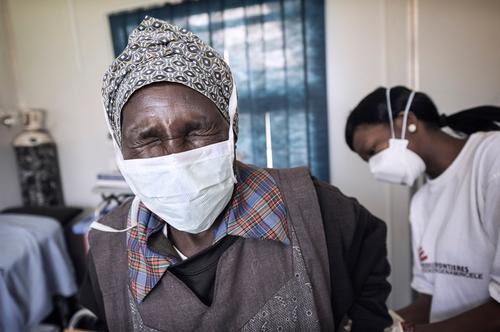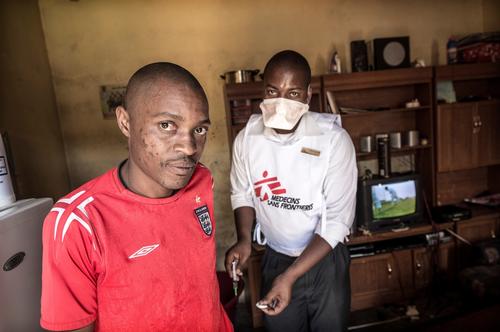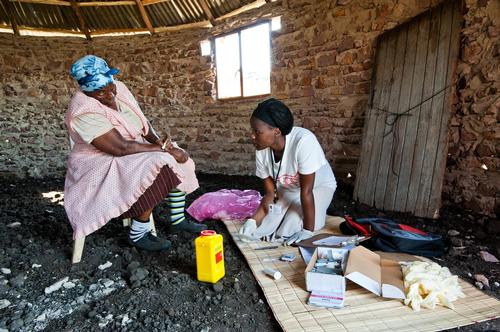During the 1990s, MSF teams made a bitter observation: we were failing to treat some of our patients suffering from infectious diseases, while in developed countries, remarkable progress was being made in the field of health. Two decades on, medicines in developing countries are still either too expensive, aren't suitable to be used in many of the contexts in which we work (for example, in hot, humid conditions or where there's a lack of electricity), or simply don't exist for the diseases we need to treat.
In 1999, we launched the Campaign for Access to Essential Medicines, now known as the Access Campaign. Its mission focuses on three areas: overcoming barriers to access to essential medicines, stimulating research and development for neglected diseases, promoting health exceptions to global trade agreements.
In 2003, MSF joined several research institutes, including the Institut Pasteur, to create the Drugs for Neglected Diseases initiative (DNDi), a non-profit research and development organisation engaged in research and development of new treatments for neglected diseases.

Tuberculosis, a killer disease
A Qualitative Assessment of a Community Antiretroviral Therapy Group Model in Tete, Mozambique
Directly-Observed and Self-Administered Tuberculosis Treatment in a Chronic, Low-Intensity Conflict Setting in India

The old devil in new clothes

Test Me Treat Me' TB manifesto

The new face of an old disease: Urgent action needed to tackle global Drug-Resistant TB threat

Multidrug-resistant TB patient stories

A breath of hope for Drug-Resistant TB








